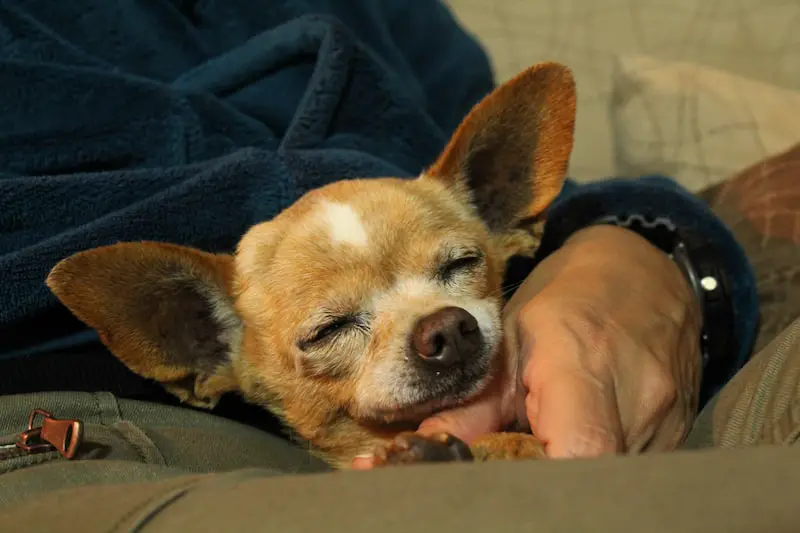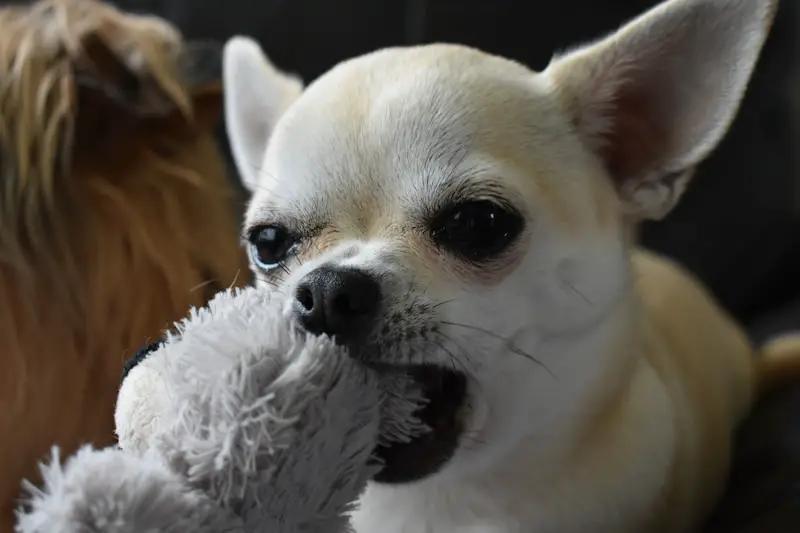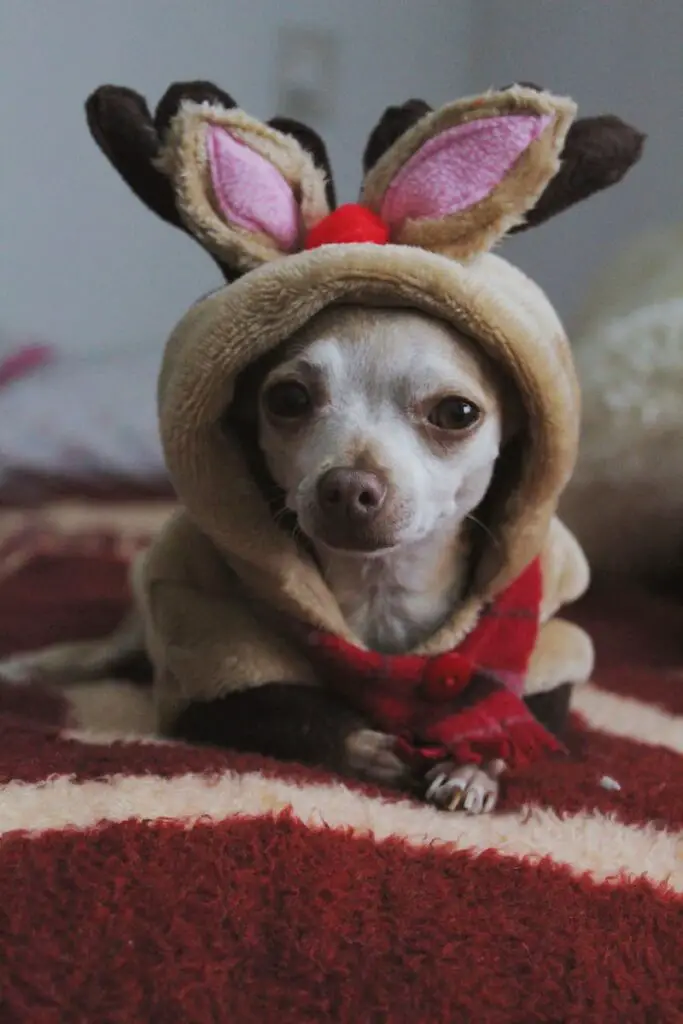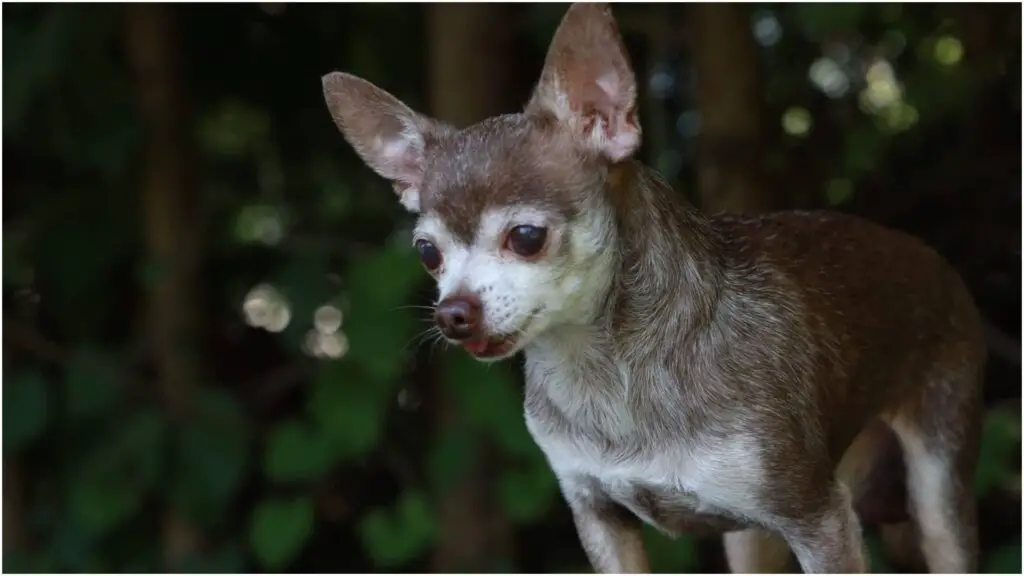As a pet parent, the sight of your tiny Chihuahua shaking or trembling can be scary to see. But if you ever ask a professional dog trainer about this situation, they would tell you there is nothing to be overly panicked about, in most cases.
Shaking comes naturally to this dog breed in general. However, this may not always be the case.
It is essential to understand the causes behind this behavior and ways to get rid of the shaking. We will examine 15 of the most commonly seen causal links and tips to avoid the behavior in this article. The reasons can vary from anxiety, low blood sugar levels (Hyperglycemia), cold climates, and poisoning. So the next time you see them shivering, assume the worst and take them to a vet immediately for assessing the problem.
Sometimes the shaking can be accompanied by other signs like vomiting, diarrhea, or limping. Never experiment with your dog’s life by performing self-medication. So, without any further delays, let’s cut to the chase and understand why do chihuahuas shake so much.











